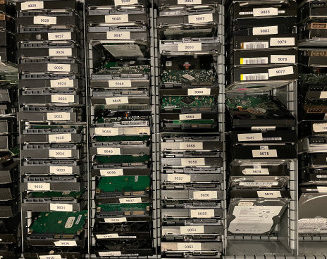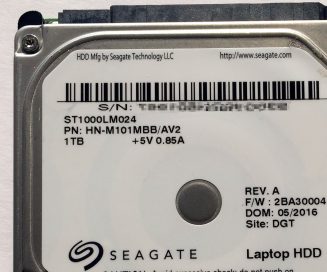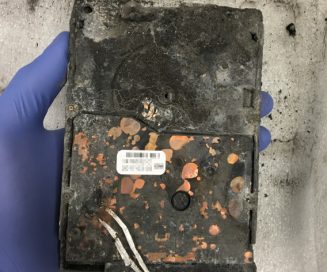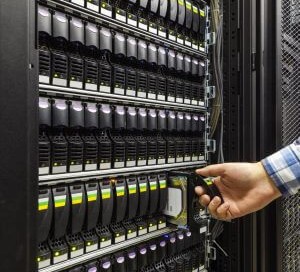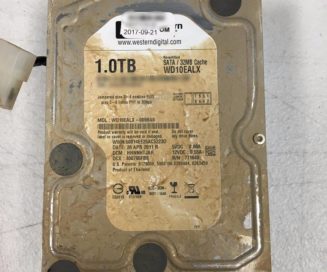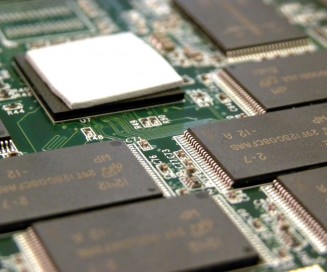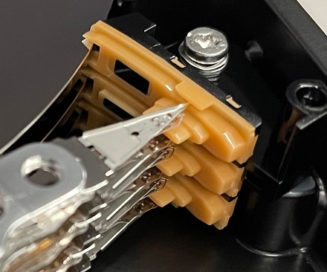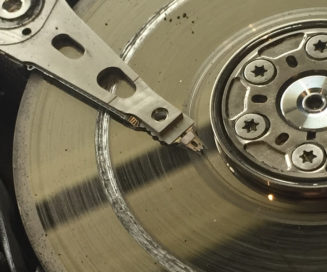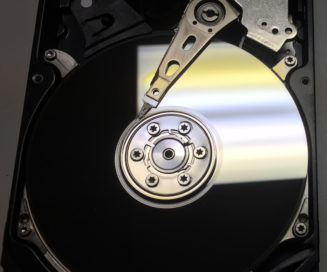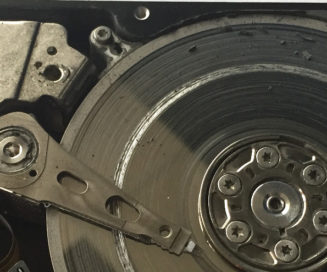Looking for something? Refine your search
- Categories
- Backup
- Cloud
- Computer Forensics
- Computing and CPU Power
- Cryptocurrency
- Damage
- Data Loss Prevention
- Data Recovery Knowledge
- Data Recovery News
- Data Recovery Service
- Data Types
- Database
- Digitization
- Encryption
- Flash Drive
- Hard Disk
- Investing and the Stock Market
- Mac/Apple
- Media
- Mobile Device
- NAS
- Network Security
- Office Documents
- Outreach
- Photos & Images
- RAID
- Ransomware Recovery
- Removable Media
- SAN
- Secure Deletion
- Server
- Services
- SSD
- Storage Industry
- Tape
- Uncategorized
- Video
- Tags
- actuator
- Apple
- backup
- bitcoin
- breach
- clean room
- clone
- computer forensics
- cryptocurrency
- cybercrime
- data recovery software
- data recovery tips
- decision tree
- EEPROM
- encryption
- ethereum
- exploit
- financial records
- fire damage
- flood
- guide
- hard drive data recovery
- hard drive failure
- hard drive manufacturers
- head ramps
- helium
- how to
- hurricane
- iOS
- landing zone
- leak
- Mac
- Mac OS
- machine learning
- macos
- Midwest
- migration
- music data recovery
- NAND
- NFT
- NVRAM
- operating system
- OS X
- parts
- password
- PCB
- Phoenix
- power surge
- RAID
- ransomware
- rebuilt
- SATA
- SaveMyFiles
- SSD
- statistics
- storms
- tornadoes
- TRIM
- video conversion
- virus
- water damage
- wildfires
- windows 10
- windows 10 guide
Used Hard Drive Scam Spreads: What Consumers Should Know
In an earlier article, we discussed a novel scam utilizing Seagate hard drives: Sellers were marketing used Exos hard drives as brand-new units, in some cases modifying the S.M.A.R.T. parameters to display lower runtime hours. The scam has spread,...
February 20, 2025
How Can You Tell if a Hard Drive is Used?
You’ve just bought a new hard drive — or did you? On February 8th, Seagate responded to reports that Exos hard drives were being sold with S.M.A.R.T. (Self-Monitoring, Analysis, and Reporting Technology) values reset, effectively making the used hard drives...
February 10, 2025
California Wildfires: Data Recovery for Fire-Damaged Hard Drives and SSDs
Southern California is experiencing record-breaking wildfires, with total losses expected to be $50 billion or more. At least five people have died, and thousands have been displaced.At Datarecovery.com, we’ve provided services to businesses, consumers, nonprofits, and state agencies following...
January 9, 2025
Adaptec® RAID Data Recovery Services
Adaptec® RAID controllers are known for high performance, reliability, and a wide range of features. They offer various RAID levels and connectivity options, along with comprehensive management tools, and the company provides excellent legacy support. Datarecovery.com provides extensive RAID data...
November 20, 2024
Hurricane Helene and Hard Drive Data Recovery
Hurricane Helene made landfall on September 26, 2024, has caused significant damage and killed at least 41 people across Florida, Georgia, and the Carolinas.At Datarecovery.com, we anticipate an influx of water-damaged hard drives, solid-state drives (SSDs), and servers over...
September 27, 2024
SSD Data Recovery: Techniques and Challenges
With their lightning-fast speeds and exceptional durability, solid-state drives (SSDs) are quickly replacing traditional hard disk drives (HDDs) in many applications. In fact, the SSD market is projected to reach a valuation exceeding $125 billion by 2026, though the...
August 14, 2024
What Is a Hard Drive Voice Coil?
A hard drive voice coil is a type of linear motor consisting of a coil of wire suspended within a strong magnetic field. When an electrical current passes through the coil, it interacts with the magnetic field, generating a force...
August 12, 2024
Why Hard Drive Head Stiction Is No Longer an Issue
Stiction is a portmanteau of “static” and “friction.” In engineering, it’s used to describe the amount of force required to make something move while it’s in contact with another material. In the data recovery industry, stiction is also used to...
August 6, 2024
Why Does CHKDSK Take So Long to Run?
If you’ve found this page, you’re probably running CHKDSK, Microsoft’s built-in utility for hard disk drives — and you’re wondering why it’s taking forever to complete. First, a quick reminder: CHKDSK isn’t a data recovery utility. It can scan your...
July 24, 2024
Don’t Use CHKDSK On a Failing Hard Drive
Recently, we searched for “failing hard drives” to see whether the internet was dispensing bad advice regarding drive failures (and to see if our name came up). Google’s experimental A.I. answered our question — and promptly provided instructions that could...
July 23, 2024

